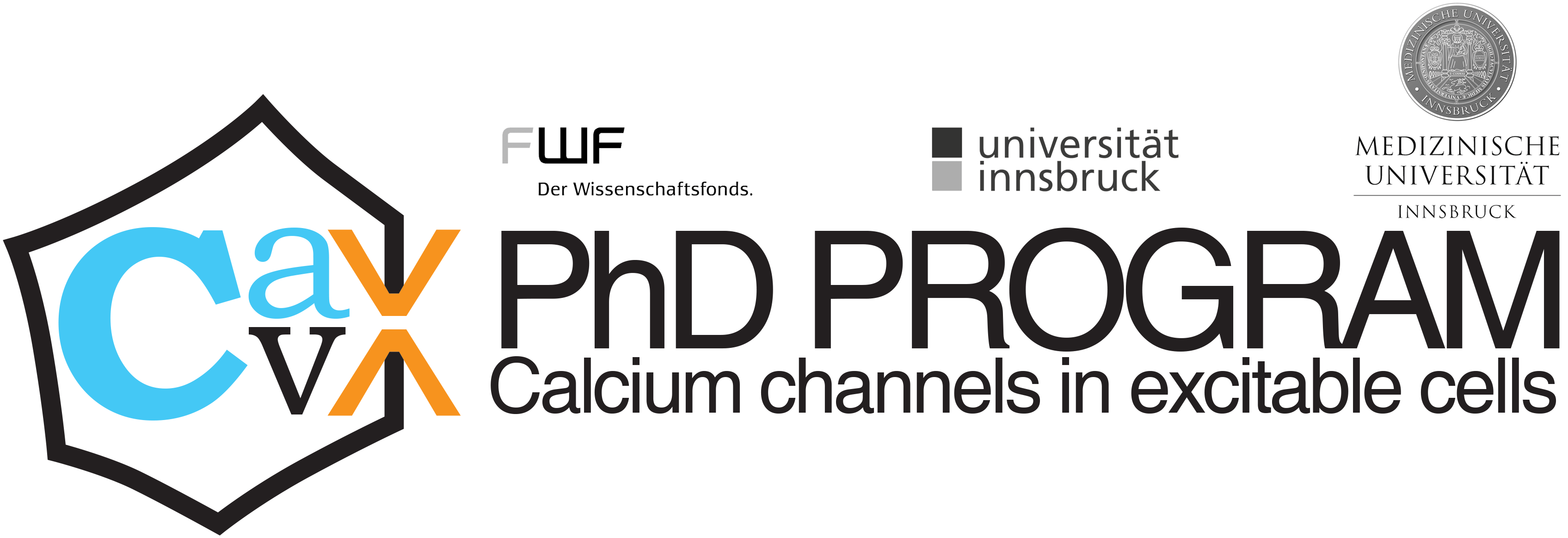// STEFANO LANZETTI 
Di Biase Research Group
Institute of Molecular and Cellular Pharmacology, Medical University of Innsbruck
// INFORMATION
Nationality: Italy
Education: Degree in Biotechnology from the University of Bologna; Master in Molecular and Cellular Biology from the University of Bologna.
E-mail: stefano.lanzetti@i-med.ac.at
ORCID: https://orcid.org/0000-0002-6099-6028
Supervisor: Dr. Valentina Di Biase
// PROJECT
In glutamatergic neurons, L-type voltage-gated calcium channels (L-VGCCs) are upstream of competing signaling pathways leading to inhibition or promotion of dendritic growth. . However, how L-VGCCs selectively activate these processes is unknown. We hypothesize that modulation of L-type current kinetics underlies the activation of L-VGCCs dependent specific processes controlling dendritic growth. In addition, hippocampal neurons express both CaV1.2 and CaV1.3. Thus, each channel isoform may control independent signaling pathways. We employ pharmacological treatments as well as transfection of different channel subunits and mutants to analyze L-VGCCs dependent modulation of dendritic growth using fluorescence imaging. We manipulate young mice hippocampal neurons after conclusion of the polarization phase and before establishment of network activity to exclude the contribution of synaptic signaling on dendritic growth. Finally, we employ biochemistry, molecular biology, and electrophysiology techniques to study changes of channel expression and function upon the different experimental conditions.
Methods: Primary culture of hippocampal neurons, transfection, and pharmacological treatments. Qualitative and quantitative fluorescence microscopy. Cloning. Live cell and calcium imaging. Optogenetic stimulation.
Publications: https://pubmed.ncbi.nlm.nih.gov/35209100/
// INTERNAL COLLABORATIONS
- Gerald J. Obermair, Cornelia Ablinger, Sabrine Haddad
- Campiglio Group (https://cavx.at/campiglio-group/)
// EXTERNAL COLLABORATIONS
- Alessandra Folci, Humanitas Clinical and Research Center, Italy; Institute of Neuroscience, CNR, Italy
- Matteo E. Mangoni, Institute of Functional Genomics, University of Montepellier, CNRS, France
